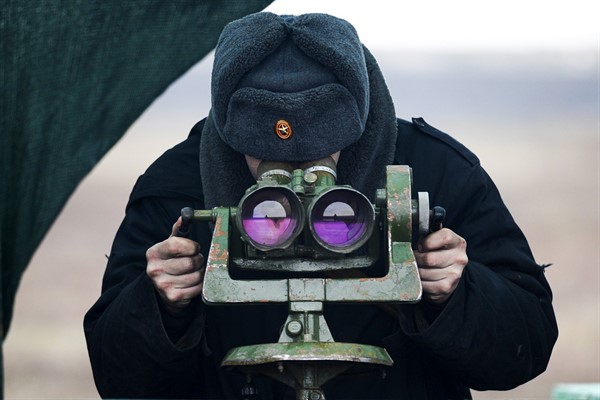International security is inherently a secretive business. Governments and militaries like to hide their capabilities and plans from their rivals. Yet in the post-Cold War years, states began to become more transparent about their military postures, aiming to create a new sense of international cooperation and openness. This process has now gone into reverse, with post-Cold War transparency arrangements in sharp decline.
With the war in Ukraine signaling a new era of great power conflict and mistrust, can international organizations like the United Nations do anything to maintain some transparency over security affairs between states?
The idea that multilateral bodies should promote transparency in international security matters can be traced to the League of Nations, which published both an Armaments Yearbook and statistical information on military expenditures. The league notoriously put out its last such yearbook in the summer of 1940, just as Nazi Germany’s army was rampaging through France.

